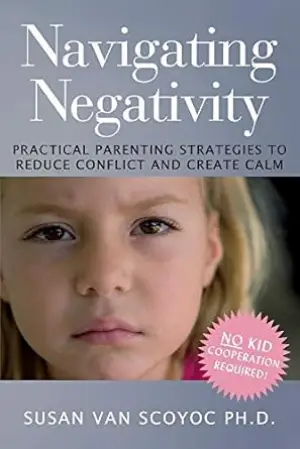Rethinking Gender through Numbers: A Review of x + y: A Mathematician’s Manifesto for Rethinking Gender by Eugenia Cheng
When I first picked up x + y: A Mathematician’s Manifesto for Rethinking Gender by Eugenia Cheng, I admit my heart was heavy with skepticism. The thought of using mathematics—a domain too often employed to bolster stereotypes—to dissect the complexities of gender felt both ambitious and risky. Yet, Cheng’s thoughtful approach gradually won me over, leading me down a fascinating path that intertwines societal observation with mathematical frameworks.
Cheng embarks on a compelling journey, questioning the often entrenched views on gender differences in various spheres of life, especially professional environments. She deftly argues that such differences are neither solely innate nor merely products of structural inequities; rather, they exist in a gray area where the reality may involve a combination of both. This nuanced exploration resonates with me personally, especially as I navigate my own feelings around gender constructs. Cheng’s commentary on the limitations of associating behaviors with masculinity and femininity struck a chord, prompting reflections on how we define these terms in everyday life.
One of the standout aspects of Cheng’s writing is her ability to merge rigorous mathematical reasoning with deeply personal insights. The use of category theory to explain interpersonal dynamics, as she introduces concepts like "ingressive" and "congressive" actions, is both illuminating and innovative. For instance, she posits that ingressive actions center around individual focus, while congressive actions aim to unify community goals. This reframing allows us to discuss behaviors without the often-restrictive labels of gender. I couldn’t help but think how valuable this approach is for contemporary discussions, as it draws attention away from binary classifications, encouraging a more holistic understanding of individuals.
Cheng’s analytical lens extends to critique mainstream feminist narratives, wherein she challenges the notion that placing women in positions of power is a panacea for gender inequality. This perspective provides a critical backdrop, inviting readers to consider intersectionality and the urgency of actively fostering congressivity—not just as a buzzword, but as a foundational approach to creating equitable spaces.
However, while I appreciate Cheng’s attempts to promote inclusivity in her definitions, I found myself contemplating the balance between compassion and the necessary division that some gender discussions demand. As a member of the transgender community, I recognize that sometimes, polarizing dialogues are not only essential but imperative for the preservation and recognition of marginalized identities.
In reading x + y, I was reminded of insights from Heath Fogg Davis’s Beyond Trans, which similarly questions the validity of gender distinctions in certain contexts. Cheng and Davis seem to share a common ground in their critiques of gender’s epistemology, urging us to look beyond established binaries. However, Cheng’s exploration offers a new toolkit—one grounded in mathematical rigor—encouraging us to rethink how we communicate and navigate gender dynamics.
In closing, I recommend Cheng’s x + y to anyone interested in the intersections of gender studies, mathematics, and societal structures. It’s not the revolutionary manifesto some readers might expect, but it is a valuable contribution to the ongoing dialogue about gender and power dynamics. Cheng’s interdisciplinary approach not only enriched my understanding but also left me contemplating how we can incorporate these ideas to build a more inclusive future. Ultimately, this book felt like a reflective conversation with a wise friend, challenging yet insightful, and I’m grateful for the journey it took me on.
Discover more about x + y: A Mathematician’s Manifesto for Rethinking Gende… on GoodReads >>






